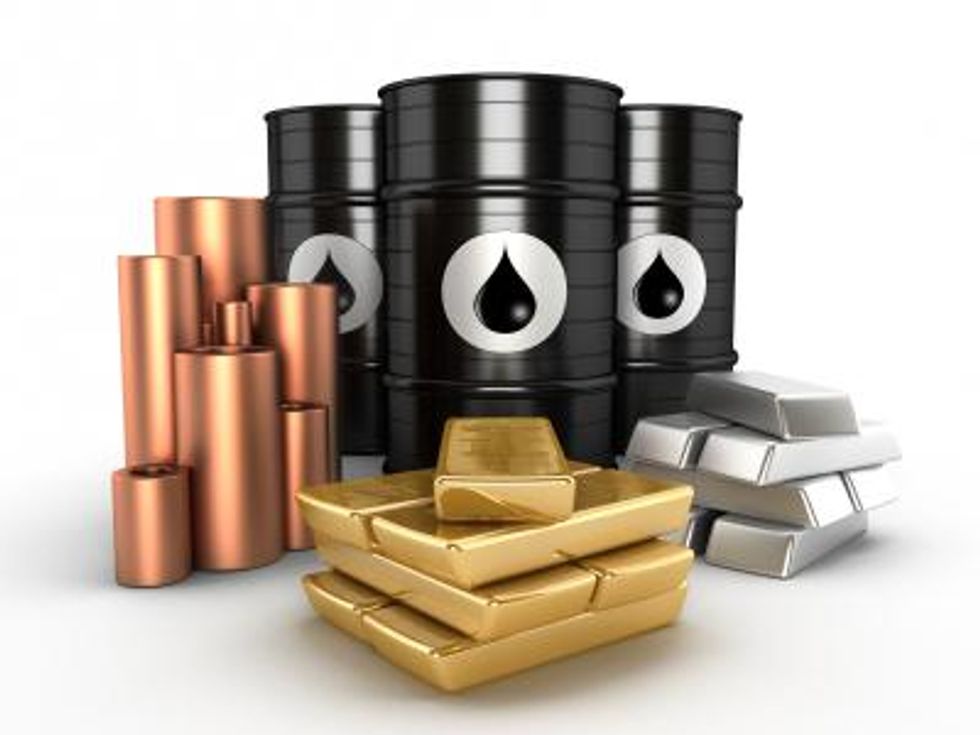Weekly Round-Up: Gold Shakes Some Safe-haven Appeal; Silver, Copper Unchanged
Gold moved down during the second half of the week as a stronger dollar offset some safe-haven gains. Meanwhile, silver remained unchanged. On the copper front, concerns about falling Chinese data kept prices at a standstill. Oil was down $1 on Friday on oversupply concerns.
Gold lost 0.1 percent to trade at $1,229.07 an ounce on Friday, having dropped more than 1 percent in the last two sessions, Reuters reported.
The metal is feeling price pressure from a well-performing dollar, the news source states. For this reason, gold will end the week down about 0.5 percent, while the dollar will record a rise of near 1 percent.
“A better run of U.S. data has calmed nerves about the wider economy, and that has put pressure on gold in the past few days, as it had been enjoying a safe-haven bid,” Macquarie analyst Matthew Turner told Reuters. “This could continue next week as we don’t think there is going to be any substantive change of direction from the Federal Reserve, meaning QE (quantitative easing) will come to an end.”
US gold futures rose 0.1 percent, hitting $1,229.90 per ounce.
Silver, meanwhile, was flat at $17.16 an ounce.
Copper on the London Metal Exchange fell early in the session before trading unchanged from Thursday at $6,695 per tonne, Reuters said in another article. Investors are concerned about Chinese data that shows house prices have fallen for the fifth consecutive month.
“Anything that on a short-term basis that indicates softness in the Chinese property sector is going to be a concern, but I wouldn’t overplay one data point,” Nicholas Snowdon, metals analyst at Standard Chartered, told Reuters.
Copper for December delivery on New York’s COMEX rose 0.12 percent to trade at $3.044 per pound, according to Investing.com.
Finally, Brent crude for December delivery was trading at $85.90 per barrel on Friday morning, Reuters reported. That is a fall of more than $1 from yesterday’s price, as investors are concerned about an oversupply from OPEC producers.
